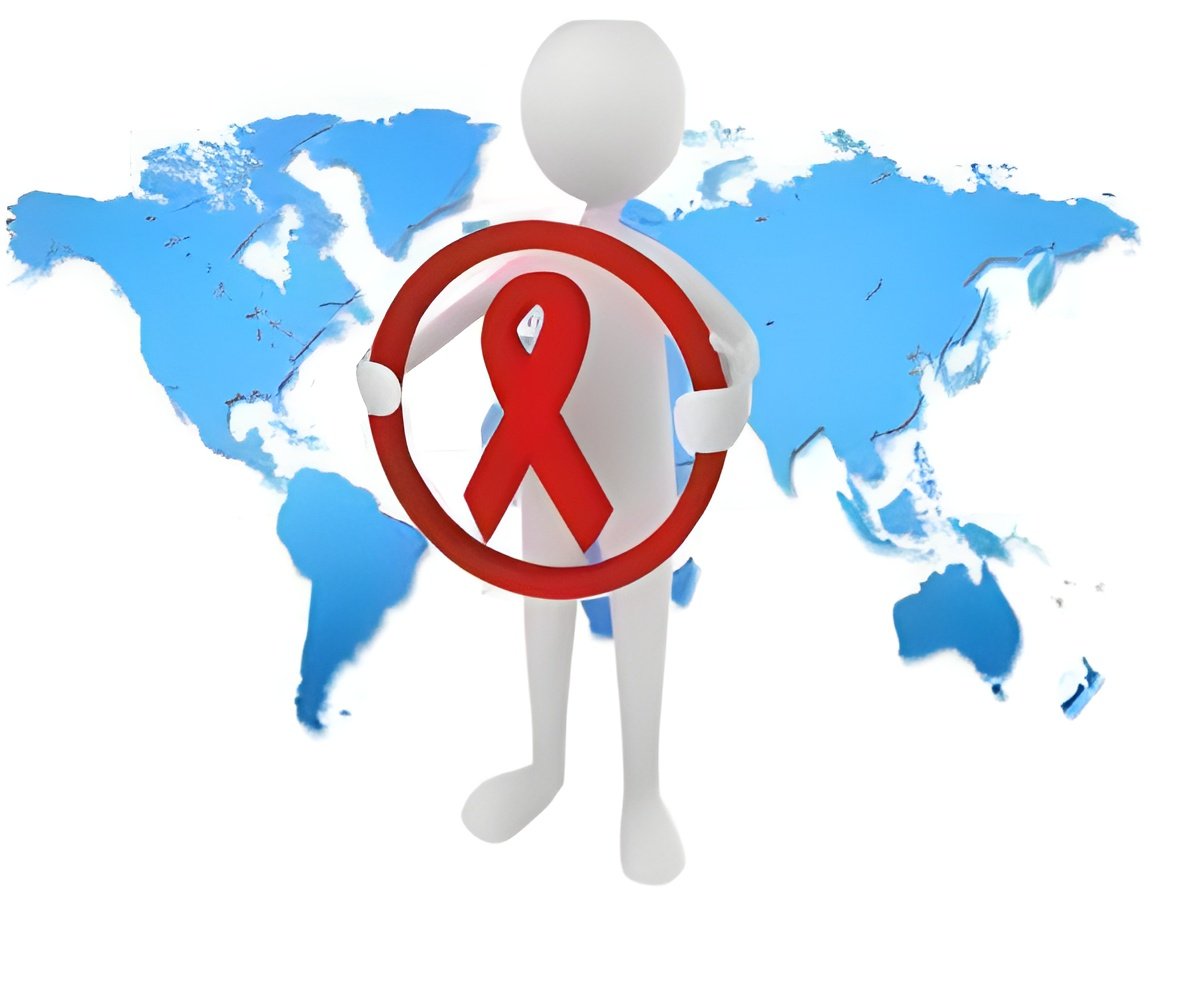Specific haplotypes in the Japanese population suppress HIV-1 replication resulting in slower disease progression.

‘HLA-B*52:01 haplotype can suppress HIV-1 replication by producing HIV-1-specific cytotoxic T lymphocytes (CTLs).’





In a previous study of natural killer (NK) cells, the Kumamoto researchers found that HIV-1 infected patients with a combination of HLA-C*12:02 and KIR2LD2 (a receptor for HLA-C*12:02) had a lower pVL than patients with just one or neither of those immunological constituents. They indicated that, like HLA-B, the HLA-C group also plays a part in regulating HIV-1. However, due to the strong linkage between the two alleles, distinguishing which of the two effects the HIV-1 virus has been difficult to determine. To overcome this problem, the researchers searched for particular parts (T cell epitopes) of antigens to determine which produced the strongest immune response to the HLA-C*12:02 haplotype. In a population of HIV-1 infected Japanese HLA-C*12:02 carriers, they were able to identify Nef MY9 and Pol IY11 as immunodominant epitopes, thereby showing that HLA-C supplements HLA-B's control of HIV-1 in infected individuals.
"Unfortunately, this haplotype is associated with several other diseases in the Japanese population," said Professor Masafumi Takiguchi, leader of the research project. "Though they can evidently control HIV-1, they may also cause other autoimmune diseases or even allergies when the immune response is too strong. Even so, this study adds a piece to the AIDS research knowledge puzzle."
Source-Eurekalert















